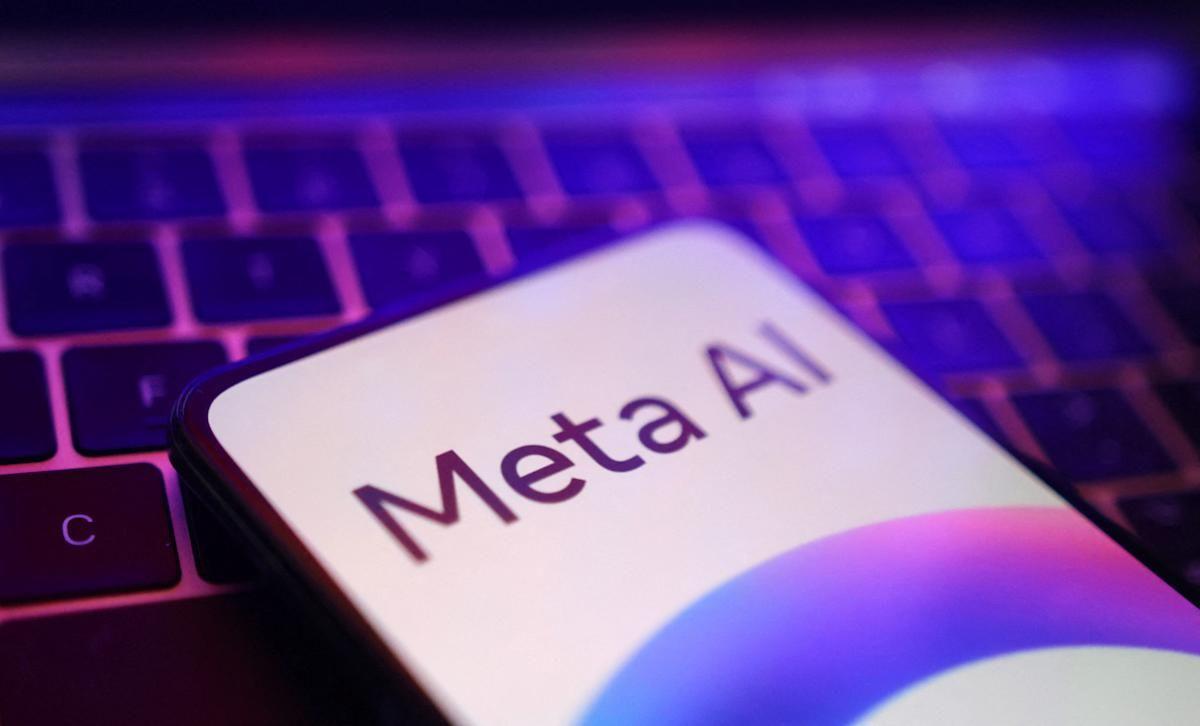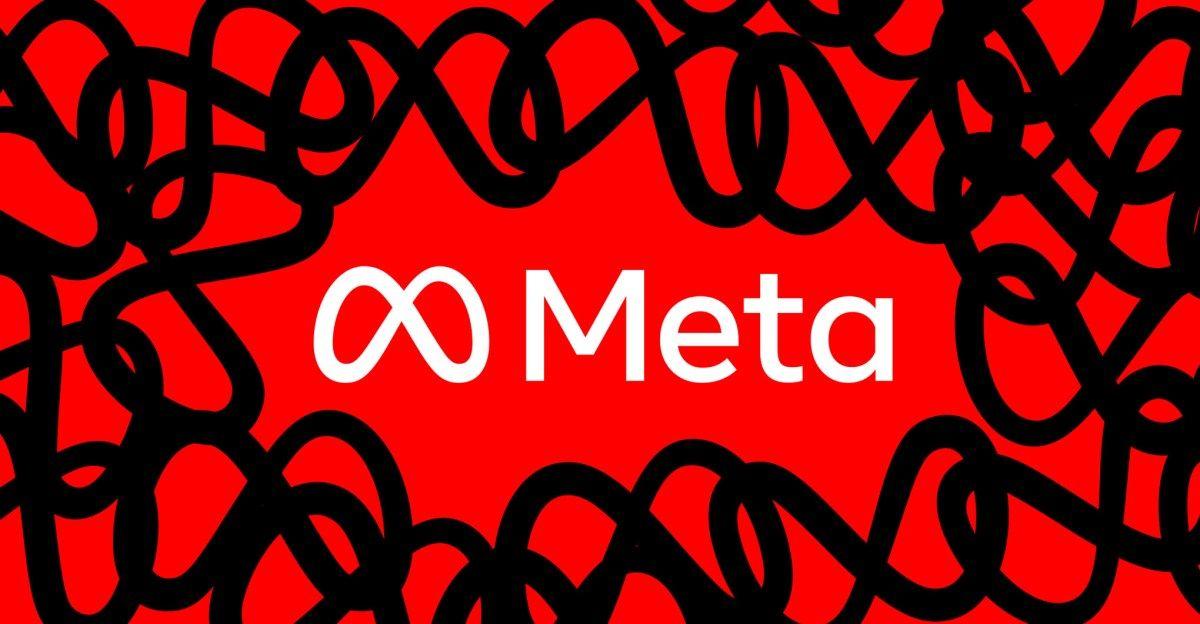Brazil Demands Meta Remove AI Chatbots Mimicking Children in Sexually Explicit Conversations
2 Sources
2 Sources
[1]
Brazil asks Meta to remove chatbots that 'eroticize' children
Brasília (AFP) - Brazil's government has asked US technology giant Meta to rid its platforms of chatbots that mimic children and can make sexually suggestive remarks, the attorney general's office (AGU) announced Monday. Users of Meta's platforms, which include Instagram, Facebook and WhatsApp, can create and customize such bots using the company's generative artificial intelligence, AI Studio. The AGU said in a statement that Meta must "immediately" remove "artificial intelligence robots that simulate profiles with childlike language and appearance and are allowed to engage in sexually explicit dialogue." It denounced the "proliferation" of such bots in what it called an "extrajudicial notice" sent to Meta last week, adding that they "promote the eroticization of children." The document cited several examples of sexually charged conversations with bots pretending to be minors. The AGU's request does not include sanctions, but the agency said it had reminded Meta that online platforms in Brazil must take down illicit content created by their users, even without a court order. It comes at a time of outrage in the South American nation over a case of alleged child sexual exploitation by Hytalo Santos, a well-known influencer who posted content on Instagram featuring partially naked minors taking part in suggestive dances. Santos was arrested last week as part of an investigation into "exposure with sexual connotations" to adolescents, and his Instagram account is no longer available. In June, Brazil's Supreme Court voted to require tech companies to assume greater responsibility for user-generated content.
[2]
Brazil asks Meta to remove chatbots that 'eroticise' children - The Economic Times
Users of Meta's platforms, which include Instagram, Facebook and WhatsApp, can create and customise such bots using the company's generative artificial intelligence, AI Studio.Brazil's government has asked US technology giant Meta to rid its platforms of chatbots that mimic children and can make sexually suggestive remarks, the attorney general's office (AGU) announced Monday. Users of Meta's platforms, which include Instagram, Facebook and WhatsApp, can create and customise such bots using the company's generative artificial intelligence, AI Studio. The AGU said in a statement that Meta must "immediately" remove "artificial intelligence robots that simulate profiles with childlike language and appearance and are allowed to engage in sexually explicit dialogue." It denounced the "proliferation" of such bots in what it called an "extrajudicial notice" sent to Meta last week, adding that they "promote the eroticization of children." The document cited several examples of sexually charged conversations with bots pretending to be minors. The AGU's request does not include sanctions, but the agency said it had reminded Meta that online platforms in Brazil must take down illicit content created by their users, even without a court order. It comes at a time of outrage in the South American nation over a case of alleged child sexual exploitation by Hytalo Santos, a well-known influencer who posted content on Instagram featuring partially naked minors taking part in suggestive dances. Santos was arrested last week as part of an investigation into "exposure with sexual connotations" to adolescents, and his Instagram account is no longer available. In June, Brazil's Supreme Court voted to require tech companies to assume greater responsibility for user-generated content.
Share
Share
Copy Link
Brazil's government has requested Meta to remove AI chatbots that simulate children and engage in sexually explicit dialogues, highlighting concerns over child exploitation and AI misuse on social media platforms.
Brazil's Demand to Meta
The Brazilian government has taken a strong stance against the misuse of artificial intelligence on social media platforms. In a recent development, Brazil's attorney general's office (AGU) has demanded that Meta, the parent company of Facebook, Instagram, and WhatsApp, remove AI chatbots that simulate children's profiles and engage in sexually explicit conversations
1
2
.
Source: ET
The AI Chatbot Controversy
Meta's AI Studio, a generative artificial intelligence tool, allows users to create and customize chatbots on its platforms. However, this feature has led to the proliferation of bots that mimic children's language and appearance while engaging in sexually suggestive dialogues. The AGU has denounced this trend, stating that it "promotes the eroticization of children"
1
.Government Action and Legal Framework
In an "extrajudicial notice" sent to Meta, the AGU has requested the immediate removal of these AI robots. While the request does not include sanctions, it serves as a reminder that online platforms in Brazil are required to take down illicit content created by their users, even without a court order
2
.This action aligns with a recent decision by Brazil's Supreme Court, which in June voted to require tech companies to assume greater responsibility for user-generated content
1
2
.Broader Context of Child Protection
The government's demand comes amid public outrage over a case of alleged child sexual exploitation involving Hytalo Santos, a well-known influencer. Santos was arrested for posting content on Instagram featuring partially naked minors in suggestive dances, highlighting the urgent need for stricter content moderation
1
2
.Related Stories
Implications for AI and Social Media Regulation
This incident raises important questions about the responsible development and deployment of AI technologies. It underscores the need for robust safeguards and ethical guidelines in AI systems, particularly those accessible to the public
1
2
.The Brazilian government's action also reflects a growing global trend of increased scrutiny and regulation of social media platforms and their AI capabilities. As AI becomes more sophisticated and widely available, policymakers and tech companies face the challenge of balancing innovation with the protection of vulnerable users, especially children
1
2
.Meta's Response and Future Developments
As of now, Meta has not publicly responded to the Brazilian government's demand. The company's actions in addressing this issue will likely be closely watched by other governments and regulatory bodies worldwide. This situation may set a precedent for how AI-generated content is moderated on social media platforms globally
1
2
.References
Summarized by
Navi
Related Stories
Recent Highlights
1
ByteDance's Seedance 2.0 AI video generator triggers copyright infringement battle with Hollywood
Policy and Regulation

2
Demis Hassabis predicts AGI in 5-8 years, sees new golden era transforming medicine and science
Technology

3
Nvidia and Meta forge massive chip deal as computing power demands reshape AI infrastructure
Technology








